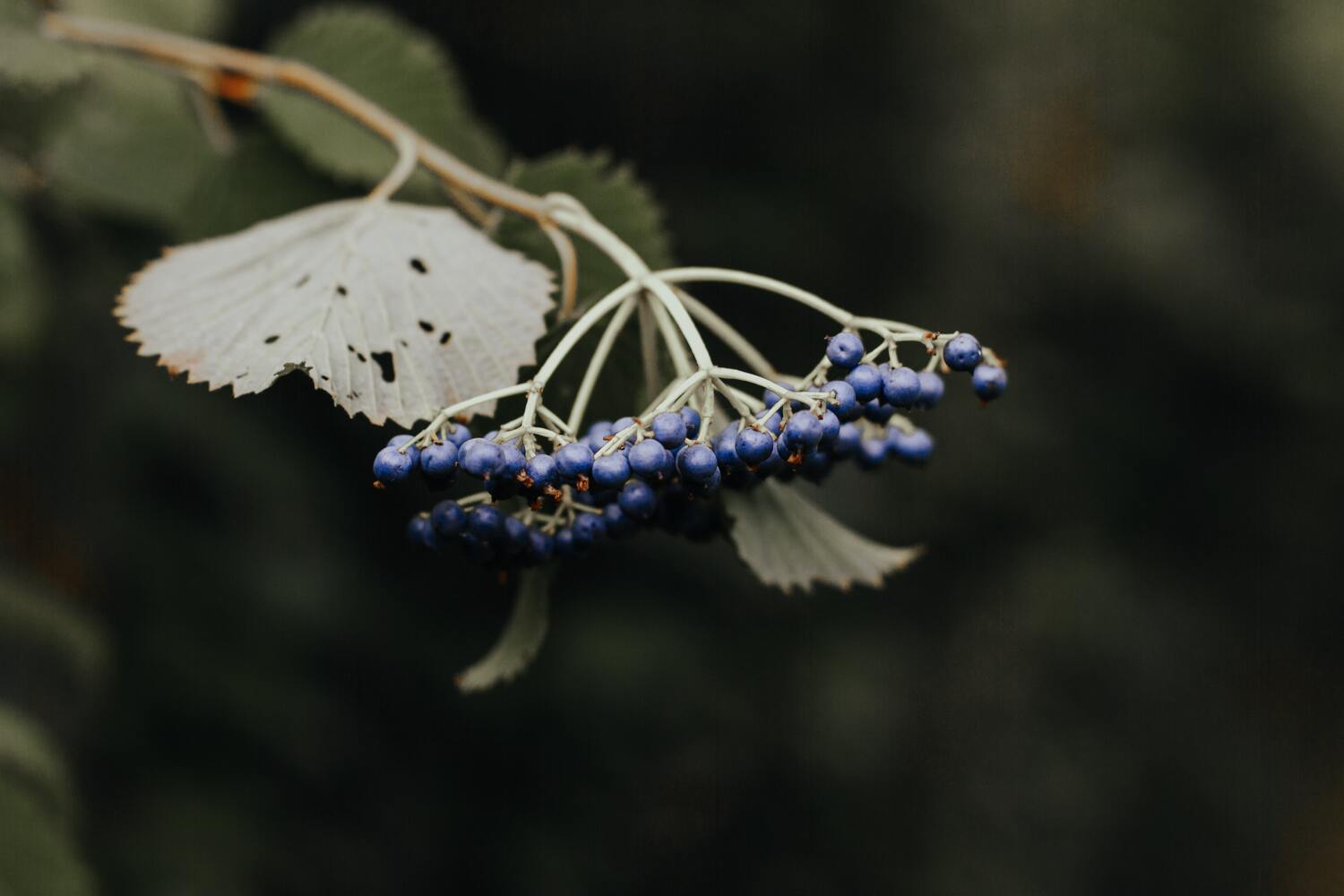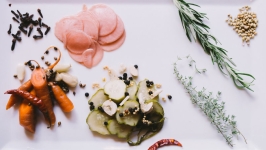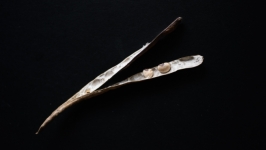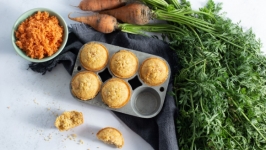The Healing Power of Elderberry
You may have a fruit with super powers growing in your backyard, and not even realize it. Elderberry, a native North American plant that bears large white flowers in the summer and small black berries in drooping clusters in the fall, has been used in traditional medicine for centuries. Lately there has been a resurgence of interest in the Sambucus tree berries as an immune booster, given the fruit’s high level of nutrients, vitamins, antioxidants, fiber and minerals.
Medicinal uses of the elder plant have been traced as far back as ancient Egypt and span multiple countries and cultures. Hippocrates referred to the elder as his medicine chest, using the plant to cure a wide array of ailments. Throughout history, elder has been used for treating maladies ranging from toothaches and fevers to cuts and burns. When cooked, the berries are safe to eat. However, avoid ingesting the leaves, twigs, branches, seeds, roots, flowers and berries when raw. These parts of the plant produce cyanogenic glycosides, which have toxic properties and could cause illness.
The two most widely found varieties of elderberry, Sambucus canadensis and Sambucus nigra, are both acceptable for use according to horticulture and native plant expert Nick Zimmer of Bluebird Growers. S. canadensis, known as common elderberry, is the American variety and is considered to be a subspecies of the European variety, S. nigra, or black Elderberry. The native plant canadensis grew so quickly the Native Americans considered it a weed. Zimmer, who forages for berries locally, says he finds the canadensis variety most often.
Elderberry-based wellness concoctions almost became a lost remedy, but now the berries can be found in many forms, including powders, pills, lozenges and syrup. Like many home remedies, to be considered effective elderberry syrup requires consistent doses. While not a miraculous cure-all, recent research indicates that elderberries help shorten colds and lessen the severity while encouraging immunity. Elderberries are an excellent source of anthocyanins, an antioxidant that help reduce sinus swelling and inflammation associated with the flu or a cold.
Amy Stone, owner and creator of Mom’s Organic Elderberries, says the syrup can be taken two different ways: a daily tablespoon as a preventative during peak illness months, or multiple doses a day if you notice yourself feeling run down or unwell.
Stone has learned firsthand how effective elderberry can be, after developing a syrup recipe for her family. When she saw how the syrup boosted the wellness of her own family she started producing her brew for others. "Elderberry is high in Vitamin A, C, B6 and Potassium,” says Stone. She added that elderberries “have a lot of antioxidants… to fight those free radicals.” Her recipe has a bit of extra punch too, since she likes to pair "a full circle of herbs that help your immune system" like cinnamon, ginger, clove and local honey.
If you want to forage your own elderberries, Zimmer says you can find them in early summer, then again in late summer and early fall. When picking, be aware of areas where a heavy amount of pesticides would be applied to wild plants or habitats for alligators and other wildlife. Zimmer says the best way for harvesting is to cut the whole umbel (cluster of berries) off, then put the umbel in the freezer. Once frozen the berries will break right off the stems. Make sure to remove all branches prior to steeping the berries. Dried elderberries can be found at local health food stores and online.












